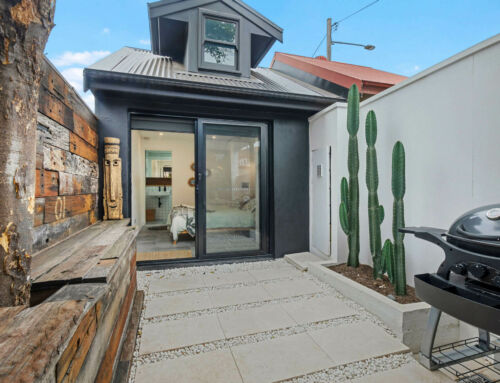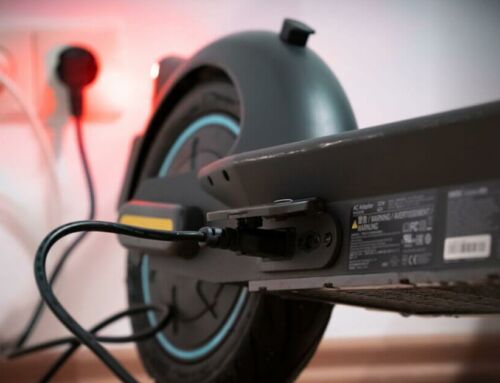
Property Condition and Underinsurance
Property Condition and Underinsurance are up for discussion due to recent devastating natural disasters
What these recent losses have also highlighted is that property condition and underinsurance is still an issue with property sums insured well below replacement values in many cases. One discussion topic which has come to light is the condition in which some properties are being kept, especially those with older buildings.
Property Condition
As an insured and under your ‘Duty of Disclosure’ to an insurer, you have an obligation to let an insurer know if the property is in disrepair or in poor condition. While this may seem to be a small issue, it can potentially be a big problem at claim time. An insurer can (and many of them are) arguing that they would not have insured the property if they had known what kind of condition it was in. This then allows the insurer to reduce or deny the claim where the risk is in poor condition or disrepair.
Both insurance brokers and insurers want the best possible outcome for you as the insured at claim time. This becomes almost impossible when the risk is in an extremely bad condition and this wasn’t declared to an insurer.
Some things to Consider
- If you have an older property, what’s the wiring like? Insurers will often look to see whether older properties have been rewired and replumbed.
- What’s your property maintenance program like? Give some serious thought to how you maintain your property. Are you looking after it and is it in good nick?
- Is the property occupied? An insurer will want to know if a property is occupied or whether someone is staying at the property regularly.
- Are you near bushland? Properties near bushland are much more at risk from devastation by fire.
Be honest with your insurance broker and insurer about these types of things because they can have a dramatic effect at claim time.
Buildings constructed to code are considered to be a good risk but if the building, especially those on rural or larger properties, haven’t been built to code or maintained in such a way to keep them up to code, an insurer wants to know. These types of buildings sometimes house machinery, hay and other farm items.
Insurers will want to know that the general state of the property and machinery is in good condition and repair especially when setting sum insured values. Many insurers are now wanting surveys of properties and will often conduct an online to see what kind of state a property is in. The last thing you want is for an assessor to be relaying back to an insurer that a property of yours is in sub-standard condition at claim time.
Insurance Repairs Completed
Something else for you to consider is, if you’ve been paid out or cash settled for a claim, have you completed the repair work? If you have taken payment from an insurer for damage to your property and not completed or only partly completed the repair work, you might find yourself effectively uninsured or underinsured if you want to claim for any further damage to your property.
Insurers have an expectation that you will complete repairs to a property for damage they have paid you for. Some insurers will ask for confirmation of work completed prior to insurance renewal or reduce insurance coverage until repairs are completed. Insurers will usually ask for invoices and photos to verify works have been completed.
Managing Your Insurance
A standard requirement of your insurance policy is to keep your property well maintained and repair any damage or deterioration. If damage occurs because you haven’t maintained your property properly, your insurer might not cover some or all of your damage or loss. Don’t let the condition of your property become an insurance issue and always ensure your sums insured are sufficient to avoid underinsurance at claim time.
It’s important to review your policy at renewal each year, update market values and add any renovations or alterations that might affect the value of your property.
Contact our office on (07) 5482 7485 or Request a Quote Request a Quote here.


